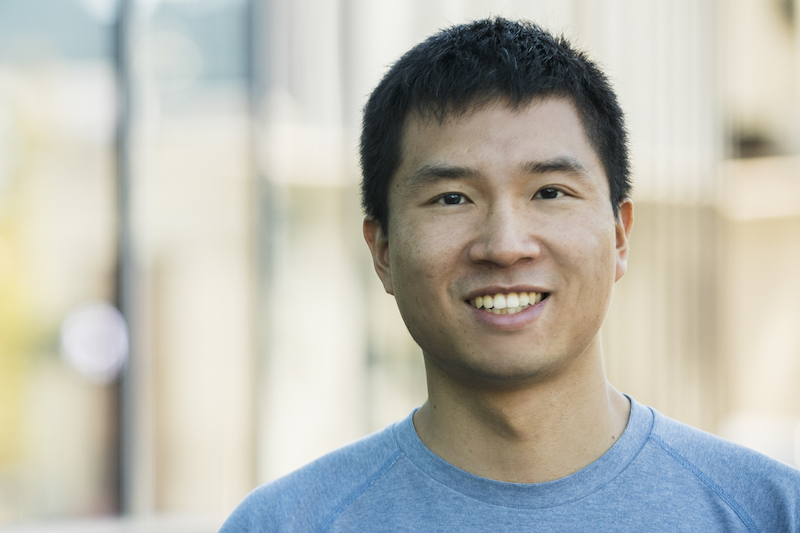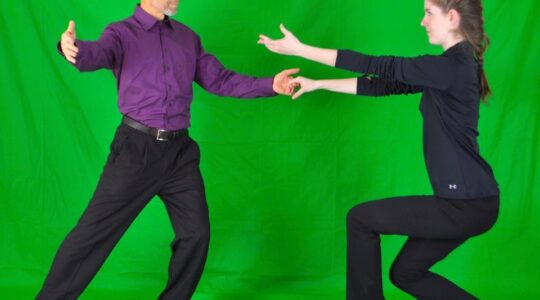Karl Lieberherr
Professor

Research interests
- Modularity in software development
- Test-driven development for relational queries using neural networks
- Socio-technical systems for problem solving in STEM areas involving competition and collaboration
Education
- PhD, ETH Zurich — Switzerland
- MS in mathematics, ETH Zurich — Switzerland
Biography
Karl Lieberherr is a professor in the Khoury College of Computer Sciences at Northeastern University, based in Boston.
Lieberherr joined Khoury College in 1985 after four years as an engineering and computer science professor at Princeton University. His research in programming languages and software engineering has led to advances in programming technology, such as his work on the Law of Demeter, which is widely used by programmers in object-oriented technology. The structure-shy programming approach that his Demeter research group introduced was inspired by the Law of Demeter and has been popular in several programming communities because of its clear benefit of eliminating boilerplate code.
His research in algorithms, primarily for satisfiability, has proposed a basic form of clause learning now widely used in refined form in SAT solvers. Novel approximation algorithms for maximum satisfiability is another of Lieberherr’s contributions.
His leadership positions in PL/SE include co-editor-in-chief of theory and practice of object systems, a member of AOSD's steering committee, an organizing chair at AOSD 2003, PC chair at AOSD 2004, and keynote speaker at ICSE 2004.
Recent publications
-
Accelerating Neural MCTS Algorithms using Neural Sub-Net Structures
Citation: Prashank Kadam, Ruiyang Xu, Karl J. Lieberherr. (2023). Accelerating Neural MCTS Algorithms using Neural Sub-Net Structures AAMAS, 2637-2639. https://dl.acm.org/doi/10.5555/3545946.3599027 -
Towards Tackling QSAT Problems with Deep Learning and Monte Carlo Tree Search
Citation: Ruiyang Xu, Karl J. Lieberherr. (2022). Towards Tackling QSAT Problems with Deep Learning and Monte Carlo Tree Search SAI (2), 45-58. https://doi.org/10.1007/978-3-031-10464-0_4 -
On-the-Fly Model Checking with Neural MCTS
Citation: Ruiyang Xu, Karl J. Lieberherr. (2022). On-the-Fly Model Checking with Neural MCTS NFM, 557-575. https://doi.org/10.1007/978-3-031-06773-0_30 -
Dual Monte Carlo Tree Search
Citation: Prashank Kadam, Ruiyang Xu, Karl J. Lieberherr. (2021). Dual Monte Carlo Tree Search CoRR, abs/2103.11517. https://arxiv.org/abs/2103.11517 -
Solving QSAT problems with neural MCTS
Citation: Ruiyang Xu, Karl J. Lieberherr. (2021). Solving QSAT problems with neural MCTS CoRR, abs/2101.06619. https://arxiv.org/abs/2101.06619 -
First-Order Problem Solving through Neural MCTS based Reinforcement Learning
Citation: Ruiyang Xu, Prashank Kadam, Karl J. Lieberherr. (2021). First-Order Problem Solving through Neural MCTS based Reinforcement Learning CoRR, abs/2101.04167. https://arxiv.org/abs/2101.04167 -
Design and Secure Evaluation of Side-Choosing Games
Citation: Ahmed Abdelmeged, Ruiyang Xu and Karl Lieberherr. Design and Secure Evaluation of Side-Choosing Games. AAAI 2016 Workshop on Incentive and Trust in E-Communities (WIT-EC'16), 4 pages.
Related news
Previous PhD students
-

Ruiyang Xu
